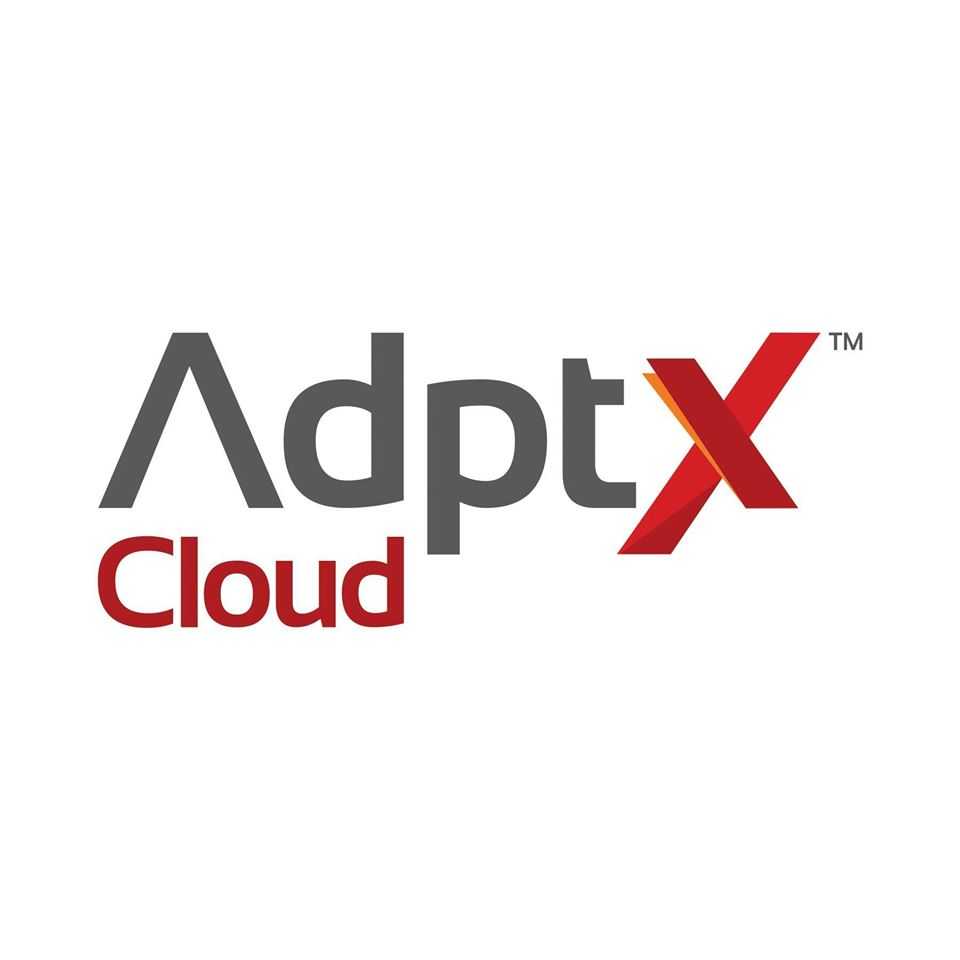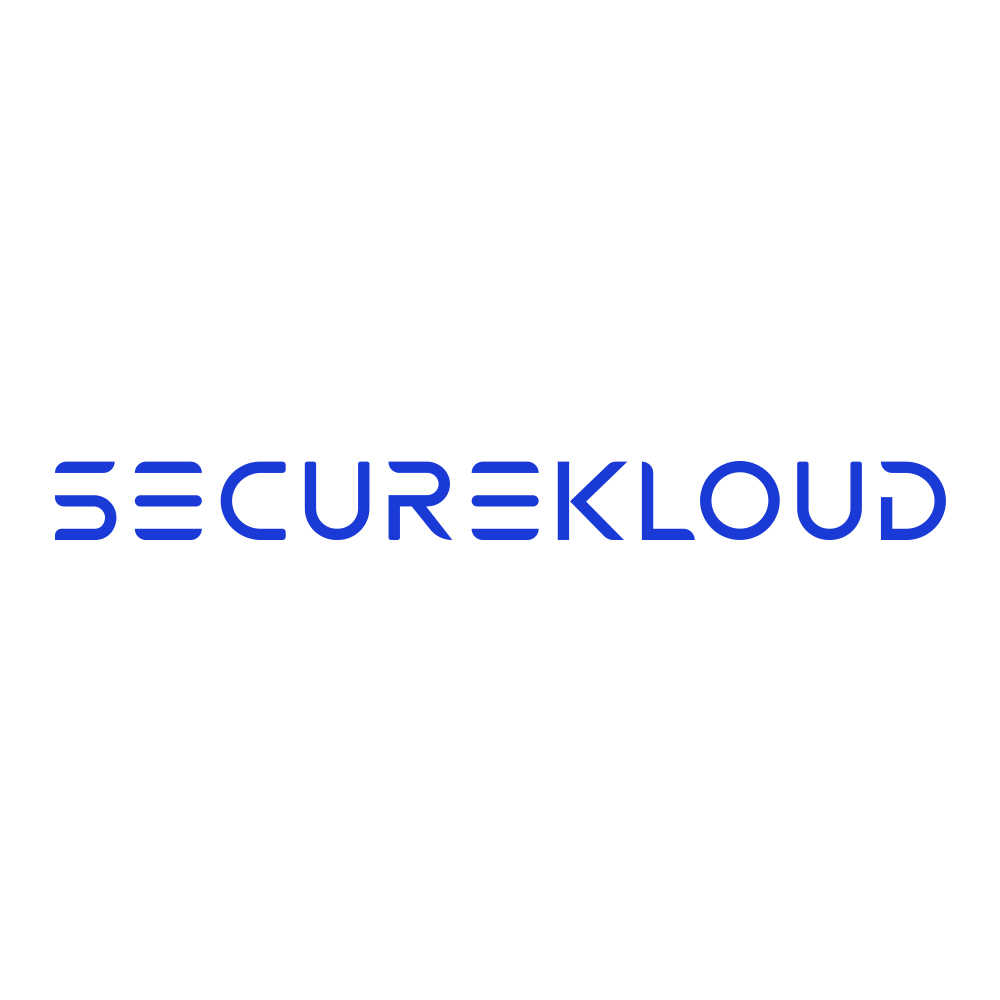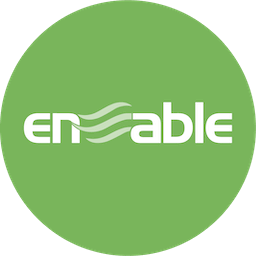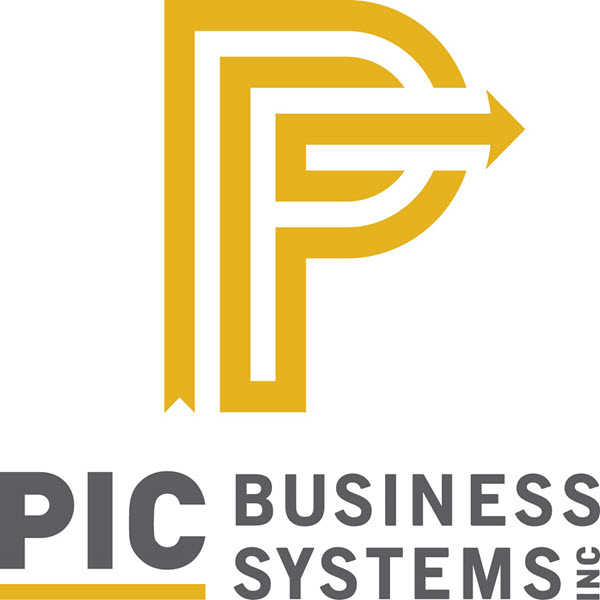What Are The Recent Trends In Cloud Computing Platform?
Cloud computing platforms have evolved significantly in recent years, and keeping up with the newest trends is critical for any buyer considering investing in this technology.
we'll go over the latest trends in cloud computing platforms that you should bear in mind while making your buying decision.
1. Hybrid And Multi-Cloud Approaches: A important trend in cloud computing is the use of a hybrid and multi-cloud approach. This entails leveraging a mix of public and private cloud services, as well as numerous cloud providers, to satisfy specific business requirements. This technique improves flexibility, cost-effectiveness, and resilience to possible disruptions.
2. Edge Computing Capabilities: With the proliferation of Internet of Things (IoT) devices, edge computing is becoming more significant. It entails processing data closer to the edge, i.e., near the source of the data, rather than a central cloud server. Many cloud computing systems now include edge computing, allowing businesses to conduct real-time analyses and make speedier choices.
3. Serverless Computing: Serverless computing, also known as Function as a Service (FaaS), is gaining traction in the cloud computing industry. It enables developers to run their programs without having to manage servers or infrastructure. This trend is ideal for firms with uncertain or variable workloads, since it can lead to cost savings and enhanced agility.
4. Artificial Intelligence: (AI) and machine learning (ML) have a significant impact on cloud computing systems. Many cloud providers now include AI and machine learning services, such as speech recognition, natural language processing, and image recognition, in their total offerings. These services can help firms get useful insights and improve their decision-making processes.
5. Containerization: Containerization is a process for packaging and deploying software programs in a lightweight, portable, and isolated environment. It has become a prominent trend in cloud computing because it improves scalability, speeds up deployment, and simplifies application management. Many cloud providers now offer container services, such as Kubernetes, to assist organizations in properly managing their container environments.
6. Growing Emphasis On Security: As more businesses migrate to the cloud, security has become a primary priority for cloud computing platforms. Many providers are investing in advanced security measures to protect their customers' data, including encryption, identity and access control, and monitoring tools.
Benefits Of Using Cloud Computing Platform
Cloud computing has become an indispensable tool for enterprises of all kinds, offering numerous advantages that make it a highly appealing alternative for many industries. A cloud computing platform, in particular, provides additional benefits, making it a popular choice for businesses trying to optimize their operations. In this buyer's guide, we'll look at the numerous benefits of using a cloud computing platform and how it may help your organization grow.
1. Cost Savings: One of the most important advantages of using a cloud computing platform is cost reduction. Traditional IT infrastructure requires organizations to buy expensive gear and software, as well as pay for upkeep and upgrades. However, with a cloud computing platform, the service provider covers all of these costs, allowing businesses to save money on both initial investments and recurring expenses.
2. Scalability: As organizations expand and adapt, so do their IT requirements. One of the primary benefits of a cloud computing platform is its scalability. It enables enterprises to simply add or reduce computer capabilities as needed, without the headache of purchasing and configuring new gear. This adaptability makes it a perfect alternative for firms that face shifting demand or quick expansion.
3. Accessibility: Cloud computing solutions may be accessed from any location with an internet connection, making them an ideal choice for enterprises with remote or mobile workforces. Employees can access the same information and apps from home, on a business vacation, or at a client's location as if they were in the office. This accessibility fosters collaboration and productivity, particularly in today's fast-paced work environment.
4. Dependability: Downtime may be costly to enterprises, resulting in lost production and revenue. A cloud computing platform stores and backs up data and programs remotely, ensuring high levels of reliability and data security. Cloud service companies also have redundancy measures in place, which means that if one server fails, your data may still be accessed from another, reducing the danger of outage.
5. Enhanced Security: Data security is critical for any business, and a cloud computing platform provides numerous security benefits. Cloud service providers have specialized teams and procedures in place to protect their infrastructure and your data. Cloud platforms also have extensive security capabilities such as data encryption, network firewalls, and identity and access control, giving organizations the peace of mind that their data is safe and secure.
6. Improved Collaboration: Cloud computing systems provide collaboration capabilities that enable teams to collaborate on the same files, apps, and projects at the same time, regardless of where they are physically located. This feature facilitates efficient communication and cooperation, allowing team members to share ideas and work together toward a common objective.
Important Factors To Consider While Purchasing Cloud Computing Platform?
When choosing the best cloud computing platform for your company, there are various variables to consider. With cloud technology's growing popularity and importance, it's critical to make an informed selection to get the best return on your investment.
1. Scalability And Flexibility: One of the most significant advantages of cloud computing is its capacity to scale and adapt. As your company expands, your cloud platform should be able to meet the growing demand for resources and services. Make sure the platform has easy scalability choices and allows you to pay for only the resources you use.
2. Protection: In today's digital landscape, organizations are more concerned about data protection. When selecting a cloud computing platform, be sure it has strong security mechanisms in place to secure your critical information. Look for features like as encryption, role-based access control, and automatic security updates.
3. Reliability And Uptime: Downtime has a substantial impact on your company's operations and income. Look for a cloud platform that has a dependable infrastructure and has high uptime guarantees. This ensures that your services are constantly available to your consumers, without interruption.
4. Integration Capabilities: Your cloud platform should work easily with your current IT infrastructure and apps. This will allow for smooth data movement and communication between multiple systems, making your operations more efficient.
5. Cost: Although cost should not be the only element to consider when selecting a cloud computing platform, it is an important one. Look for a platform that provides transparent pricing and a variety of plans to meet your budget and business requirements.
6. Customer Care: If you have any technical issues or inquiries, you'll need a dependable and responsive customer care team to help you. Look for a platform that provides 24-hour customer support and has a solid reputation for addressing difficulties quickly.
7. Compliance And Legislation: If your company must follow specific legislation or industry standards, ensure that the cloud platform satisfies those requirements. This ensures that your data and activities are compliant with legal and regulatory standards.
8. User-Friendly Interface: A user-friendly interface is critical, particularly if your team lacks technical knowledge. Look for a platform with a straightforward UI and simple features to help your team manage and use the platform efficiently. When selecting a cloud computing platform for your organization, keep these crucial aspects in mind to make an informed purchase. To reap the most benefits from cloud technology, you must first examine your company's needs and goals and then select a platform that coincides with them.
What Are The Key Features To Look For In Cloud Computing Platform?
When it comes to selecting the best cloud computing platform for your organization, you should check for a few essential qualities. These features will make sure that the platform matches your specific requirements and helps you achieve your company objectives.
Here are the most important things to consider while comparing cloud computing platforms:
1. Scalability: One of the most significant benefits of cloud computing is the flexibility to scale as your business grows. Look for a platform that provides scalable solutions to meet your changing requirements.
2. Reliability And Uptime: You require a cloud computing platform that is extremely dependable and ensures minimal downtime. This is especially significant for firms that depend heavily on their web presence.
3. Security: Because your data will be kept in the cloud, you must choose a platform that has strong security measures to protect your sensitive information from cyber threats.
4. Flexibility: The platform should be adaptable in terms of storage, processing power, and software options. This allows you to tailor the platform to your specific business needs.
5. Integration Capabilities: Your cloud computing platform should work easily with your existing systems and applications. This will ensure that your business operations continue uninterrupted during the transfer to the cloud.
6. Cost-Effectiveness: Cloud computing should cost less than traditional on-site solutions. Look for a platform that provides affordable pricing and clear billing to help you manage your money properly.
7. User-Friendly Interface: The platform should have a simple interface that is easy to use for both technical and non-technical users.
8. Support And Maintenance:L Select a platform that provides 24-hour technical support and regular maintenance to ensure that your system is always up to date and operating efficiently.
9. Compliance And Certifications: If your company has unique compliance requirements, check sure the cloud computing platform you select complies with all applicable certifications and industry rules.
10. Analytics And Reporting Capabilities: The platform should provide comprehensive analytics and reporting features that allow you to monitor and analyze your data, which can help you make crucial business choices. By taking these crucial qualities into account, you may choose the cloud computing platform that best matches your company's demands while also ensuring a smooth and efficient move to the cloud.
Conclusion
In the ever-changing world of technology, cloud computing has fast become an indispensable tool for enterprises of all kinds. A cloud computing platform, with its simplicity, flexibility, and scalability, can significantly increase workplace productivity and efficiency. However, with so many options on the market, selecting the best platform for your business can be difficult.
After completing extensive research, comparing features, and factoring pricing, we concluded that a cloud computing platform is an excellent investment for any organization trying to optimize its operations. A cloud computing platform can serve as a one-stop shop for all of your business needs by providing a diverse range of services such as storage, processing power, and software applications.
One of the most important advantages of using a cloud computing platform is the ability to extend your resources as your business expands. Traditional on-premise solutions frequently require businesses to plan ahead and purchase more storage and computing capacity than they currently require in order to accommodate future growth. This leads to excessive expenses and waste of resources.
A cloud computing platform allows you to scale up or down as needed without making long-term commitments. Another important feature of a cloud computing platform is its adaptability. With employees increasingly working from home and on the go, having a platform that enables for remote access to files and applications is critical.
A cloud computing platform also provides peace of mind by including capabilities like automatic backups and disaster recovery, ensuring that your data is safe and accessible no matter what happens. When making a large investment for your organization, pricing is always an important issue. A cloud computing platform allows you to pay only for the resources and services you utilize, making it a more cost-effective alternative to traditional on-premise solutions.
Furthermore, many platforms have various price plans, allowing you to select the one that best suits your business's goals and budget. In conclusion, a cloud computing platform provides numerous advantages to enterprises, including scalability, flexibility, and cost-effectiveness. By carefully considering your business objectives and comparing several platforms, you can select the one that best meets your demands and propels your company to the next level. We hope this buyer's guide has helped you make an informed selection.






















